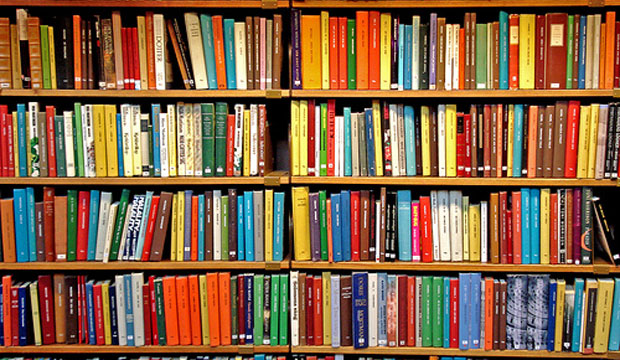As never before, broad access to knowledge and information is essential.
Knowledge is power: an indisputable truth from which – since the beginning of history – all kinds of strategies have been used to deny the great majority full access to knowledge, with the simple aim of keeping them in ignorance and thus consolidating the mechanisms of social control. As simple and straightforward as this political chicanery is the intention to manipulate thought and feed the masses from mass information platforms, whose contents are carefully elaborated to reinforce concepts and ideologies akin to those in power.
This is why it is so important to return to the path of reading and exchanging ideas through a conscious and informed search for the most reliable sources. To do this – and thanks to the immense wealth of resources offered by books and other paper publications as well as the virtual world – it is necessary to separate the wheat from the chaff and begin to think seriously about weaving discussion networks, consolidating spaces for reflection and constructing, in a broad and constructive way, a new way of relating to different groups in society.
Although the print era has lost some predominance to virtual media, it is by no means an inevitable replacement, especially in resource-poor societies where access to technology is still limited to certain higher-income sectors and in suitable environments thanks to better infrastructure. In these societies, however, and for strictly political reasons, both schooling and access to knowledge have been hindered, by the decision of their elites, with the intention of curbing all forms of dissent from the bottom of the social pyramid.
Hence the great relevance of literary events, such as book fairs, which are held in different countries of the continent and the world. These platforms offer – free of charge – access to a wide range of experiences capable of opening up new ways of understanding the world around us. One of them is the International Book Fair, Filgua, organised by the Gremial de Editores de Guatemala, which this year will be held in September as a tribute to the bicentenary of the country’s independence. This event has also been dedicated to the Guatemalan writer Ana María Rodas, winner of the National Literature Prize and one of the greatest exponents of Latin American poetry.
As an essential part of the programme of the first virtual version of the International Book Fair in Guatemala, along with the presence of relevant exponents of literature from Guatemala and other countries, its organisers put special emphasis on a wide repertoire of activities dedicated to children and young people, as a way of encouraging reading and access to universal knowledge, essential mechanisms to reinforce the intellectual growth of new generations of citizens.
Guatemala, a country rich in culture and traditions, has faced enormous obstacles throughout its history in its efforts to make knowledge a freely accessible heritage for all its people. Rulers and economic elites, determined to curb any initiative in this direction, have, over the centuries, curtailed its opportunities for development. Openness to education is still one of the greatest challenges for its inhabitants; therefore, any event in this direction deserves the support of the whole society.
Reading is not just a pastime, but a vital resource for development.










